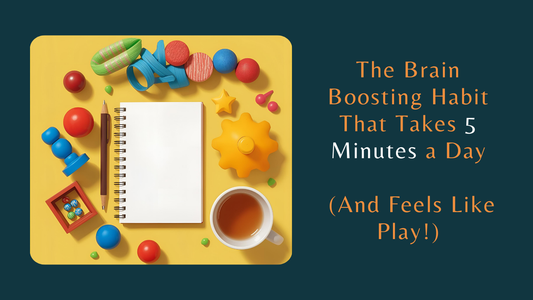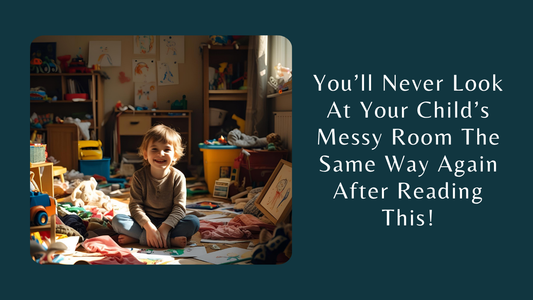Sensory play is a cornerstone of early childhood development, offering a rich tapestry of experiences that stimulate a child's senses and foster growth in multiple areas.
By engaging with different textures, sounds, smells, tastes, and sights, children develop essential skills and lay the foundation for future learning.
The Benefits of Sensory Play

Cognitive Development
Sensory play encourages exploration, curiosity, and problem-solving. As children experiment with different materials, they develop critical thinking skills and learn to make connections between their senses.
Physical Development
Engaging in sensory play enhances fine and gross motor skills, coordination, and strength. Activities like squeezing, pouring, and manipulating objects help to build dexterity and muscle control.
Language Development
As children explore different textures, sounds, and smells, they develop new vocabulary to describe their experiences, enhancing their language skills.
Social and Emotional Development
Sensory play provides opportunities for children to interact with peers, share experiences, and develop cooperation skills. It also helps children regulate their emotions and find calming sensory input.
Sensory Processing
For children with sensory processing differences, sensory play can be a valuable tool for understanding and managing their sensory experiences.
Engaging Sensory Play Ideas

Sensory play can be as simple or as elaborate as you like. Here are some ideas to inspire you:
Touch: Explore different textures with materials like rice, beans, slime, or shaving cream.
Sight: Create visually stimulating experiences with coloured water, light tables, or nature walks.
Sound: Experiment with instruments, nature sounds, or sensory bottles filled with various materials.
Smell: Introduce children to a variety of scents through essential oils, herbs, or spices.
Taste: Offer safe and age-appropriate food items for exploration, such as different fruits, vegetables, or yogurt.
Remember to prioritize safety and supervision, especially for younger children. Always choose materials that are non-toxic and age appropriate.
Incorporating Sensory Play into Daily Life

Sensory play doesn't have to be a formal activity. You can incorporate sensory experiences into everyday routines by:
Nature exploration: Take walks in the park, collect leaves and stones, and explore different textures.
Cooking and baking: Involve children in measuring, mixing, and tasting ingredients.
Bath time: Use bath toys, bubbles, and essential oils to create a sensory-rich experience.
Reading time: Use books with tactile elements or incorporate sensory props into storytelling.
By providing opportunities for sensory exploration, you're nurturing your child's overall development and creating a foundation for lifelong learning.




